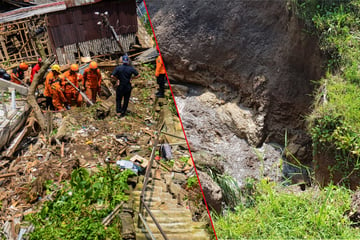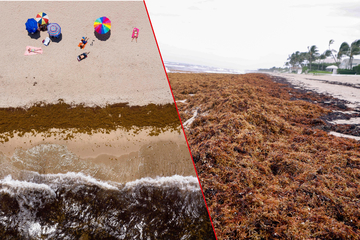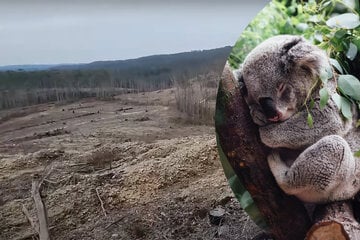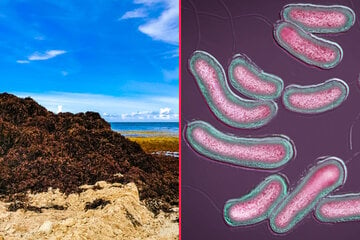The Arctic will be ice-free by 2030 – how on Earth did it come to this?
With Arctic ice melting, dead fish choking Australian rivers, and New York smothered in smoke from wildfires burning hundreds of miles to the north, it's hard not to wonder "How the heck did we get here?"
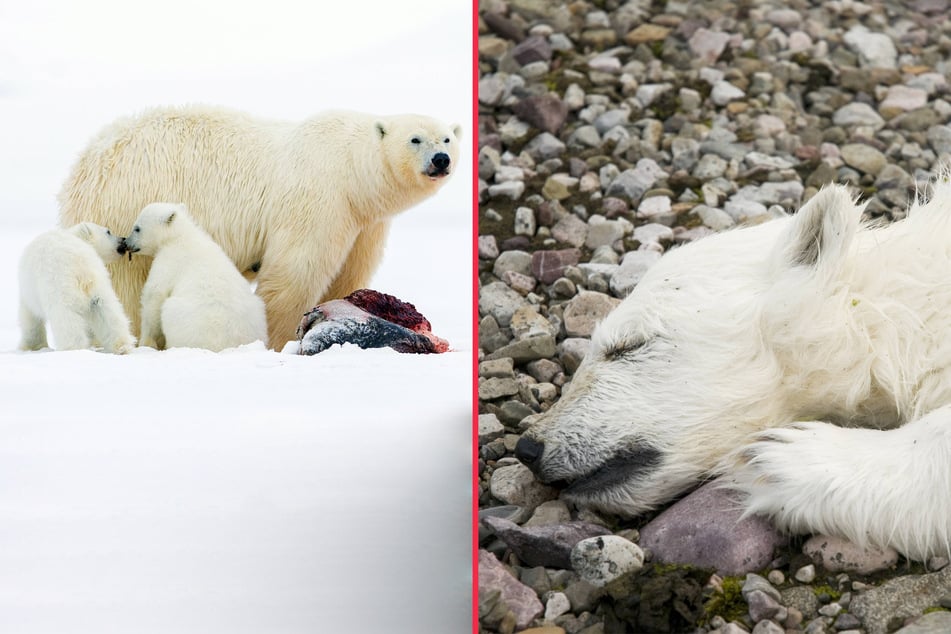
It's about as apocalyptic as it comes - "Arctic ice to be history by 2030" - yet little has been said about the existential threat that's hidden in the snows of the deep north. Climate change has turned into a game of Russian roulette, political leaders more content to busy themselves with disingenuous culture wars than actually put in the hard yards.
Madder than March hares, the corrupt conmen that clamber upon the walls of Washington do little to instill confidence. Still, it says a lot that Joe Biden's climate bill is heroic in comparison to the cravens crawling along the corridors of Number 10 or a former president to claw his way out of criminal charges in New York City.
Perhaps it's time to set the record straight. We all know the simple, natural facts that have led us to where we stand. We know of the studies that predict the Arctic ice to be gone decades before expected, yet it's hard to do anything except rely on old Looney Tunes gags and wonder whether "That's all, folks."
Why will the Arctic be ice-free in 2030? Let's keep it simple
A scientific report published by Nature on June 6, 2023, and reported on by the New York Times, painted a shocking and genuinely desperate picture. The study shows that there will be practically no ice left in the Arctic during summer months by as soon as 2030 – more than a decade closer than predicted.
In a bout of even more upsetting information, the report worked on the assumption that not only would we continue our current climate change policy trajectory, but that global action would actually be stronger than it currently is.
Part of the problem is that there is a positive correlation between the amount of ice that has melted and the rate that it melts. As the surface area reduces, and less solar radiation is reflected by the ice, the more radiation stays within our atmosphere and the quicker our planet warms up.
There are knock-on effects, as well. As the climate changes across the globe, and the average temperature rises, extreme weather events will also influence the rate at which the Arctic melts. Of course, and as World Wildlife Fund explains, "Human activities are at the root of this phenomenon."
Greenhouse gases and carbon dioxide, produced by emissions through the burning of fossil fuels and various other human activities, are driving this change in climate.
What's scary is that it is seemingly apocalyptic, and scientists like those who wrote the 2023 report are starting to lose hope. Dirk Notz, one of the study's authors and a climate scientist at the University of Hamburg in Germany, expressed this despair in not-so-many words when quoted by the New York Times.
"We are very quickly about to lose the Arctic summer sea-ice cover, basically independent of what we are doing ... We've been waiting too long now to do something about climate change to still protect the remaining ice."
All together now: That's all, folks.
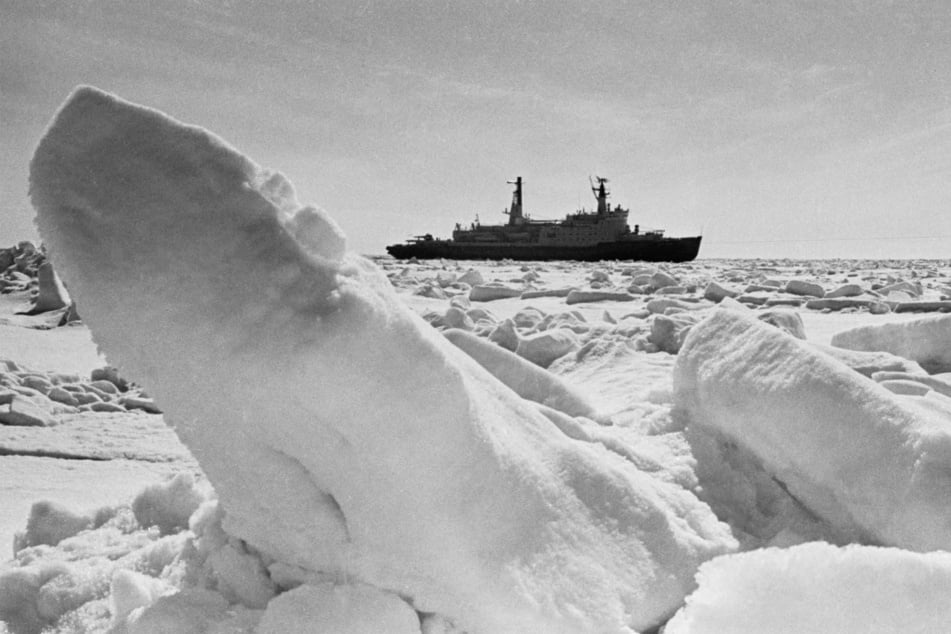
The Arctic is going ice-free, but let's set that aside for a moment
Having scoured the report, racking my brain as to how something so blatantly clear to many with a minimal level of understanding of climate science, could have been allowed to get to this point. Let's talk about it for a second.
Posing a question to listeners of the UK's LBC radio station, James O'Brien put it best when he asked: "If you got all the media outlets in [the UK] who have spent the last twenty years trying to demonize people born elsewhere ... If those front pages talked about things like Arctic sea ice and global warming with the rhetoric and the passion, if you like, that they talk about people born in other countries, would that turn the oil tank around?"
If climate change drew the kind of attention that exterrestrials do, causing characters like George Santos to be concerned, many people may think it's a reality TV show.
That's the thing, though. Even with such shocking information at our hands, it seems that little change is coming aside from a few press releases from the National Snow & Ice Data Center and lip service from our political leaders.
So what can you do about the Arctic sea ice melting?
To keep things brief: There's not really much that people can do, at this point, to stop the Arctic ice from melting by 2030. That's not to say you should stop worrying or stop shouting about it. While there's no way to rid the world of all harm, just because something seems apocalyptic, doesn't mean that it has to be apocalyptic.
There are many different things that can be done, from protesting, to writing letters, to changing the radio stations, television channels, and newspapers that your parents read, and taking action. The WWF has a six-point list on how climate change will hurt everyone on this planet – try to learn it and teach it to those you know.
With last summer marking the lowest recorded level of sea ice in the Arctic, things are looking rough, but it is exactly these reports that should be paid attention to.
Freedom of speech is a wonderful thing, but if we want to draw attention away from the dishonest and duplicitous debating we see across the weird corners of the internet that always seem to be in the headlines, we need to simply ignore those conversations and lobby our little hearts out.
If that doesn't happen then, sadly: That's all, folks!
Cover photo: Collage: IMAGO/Blickwinkel/Danita Delimont
